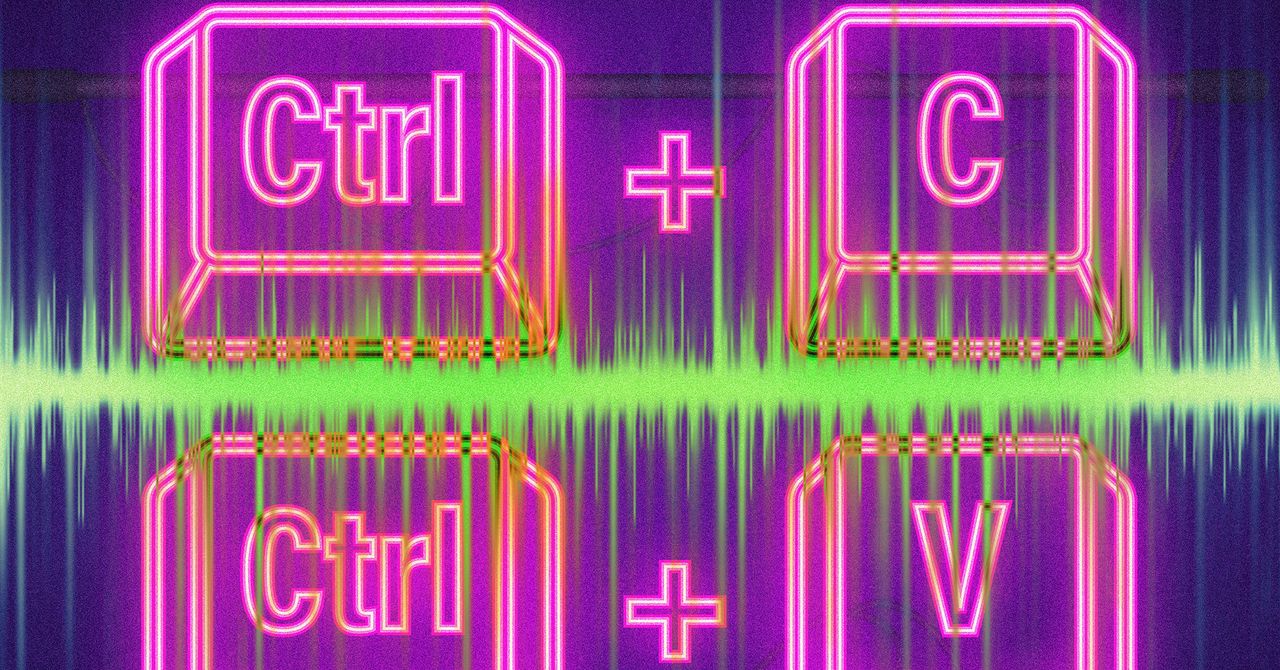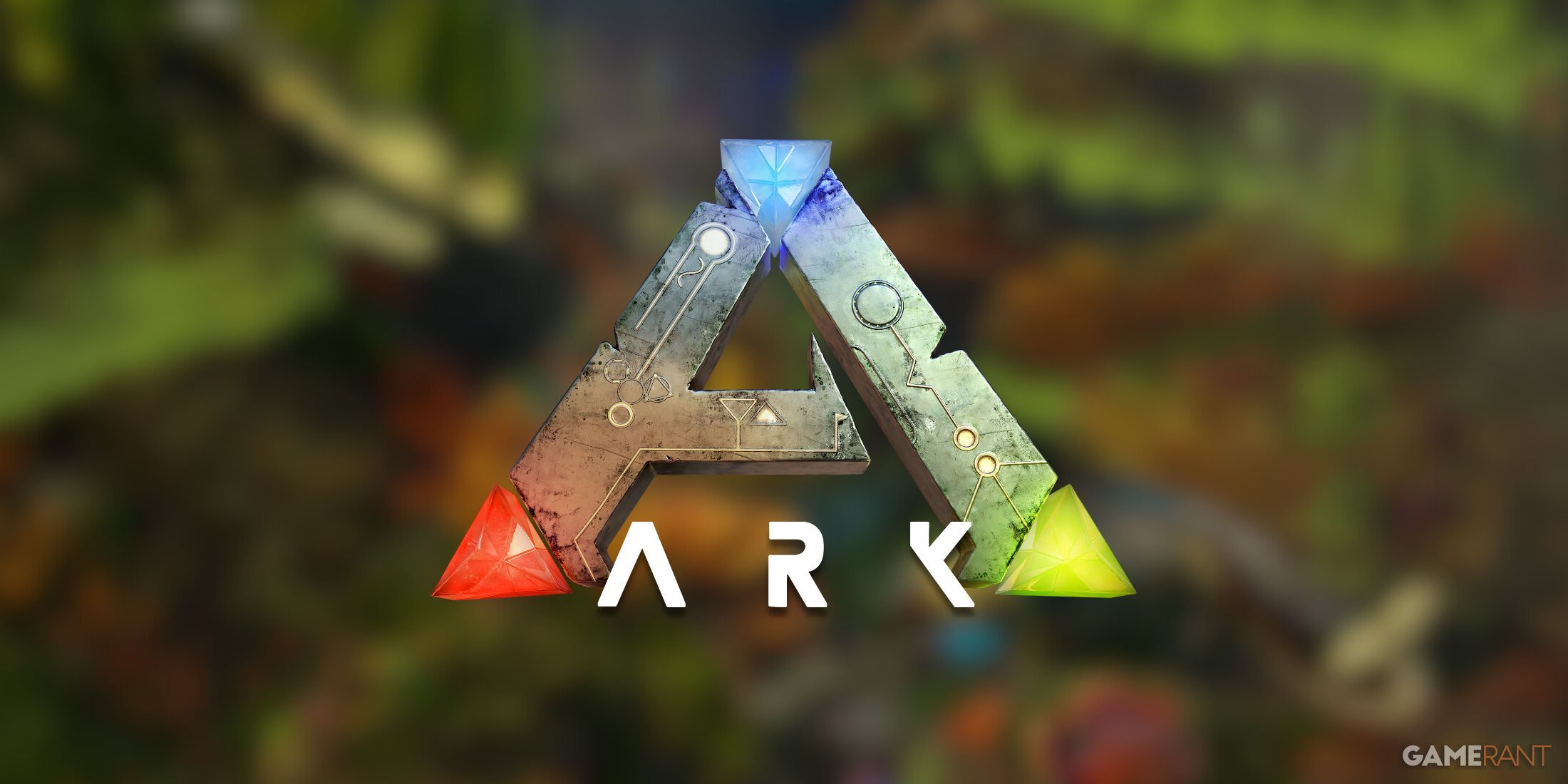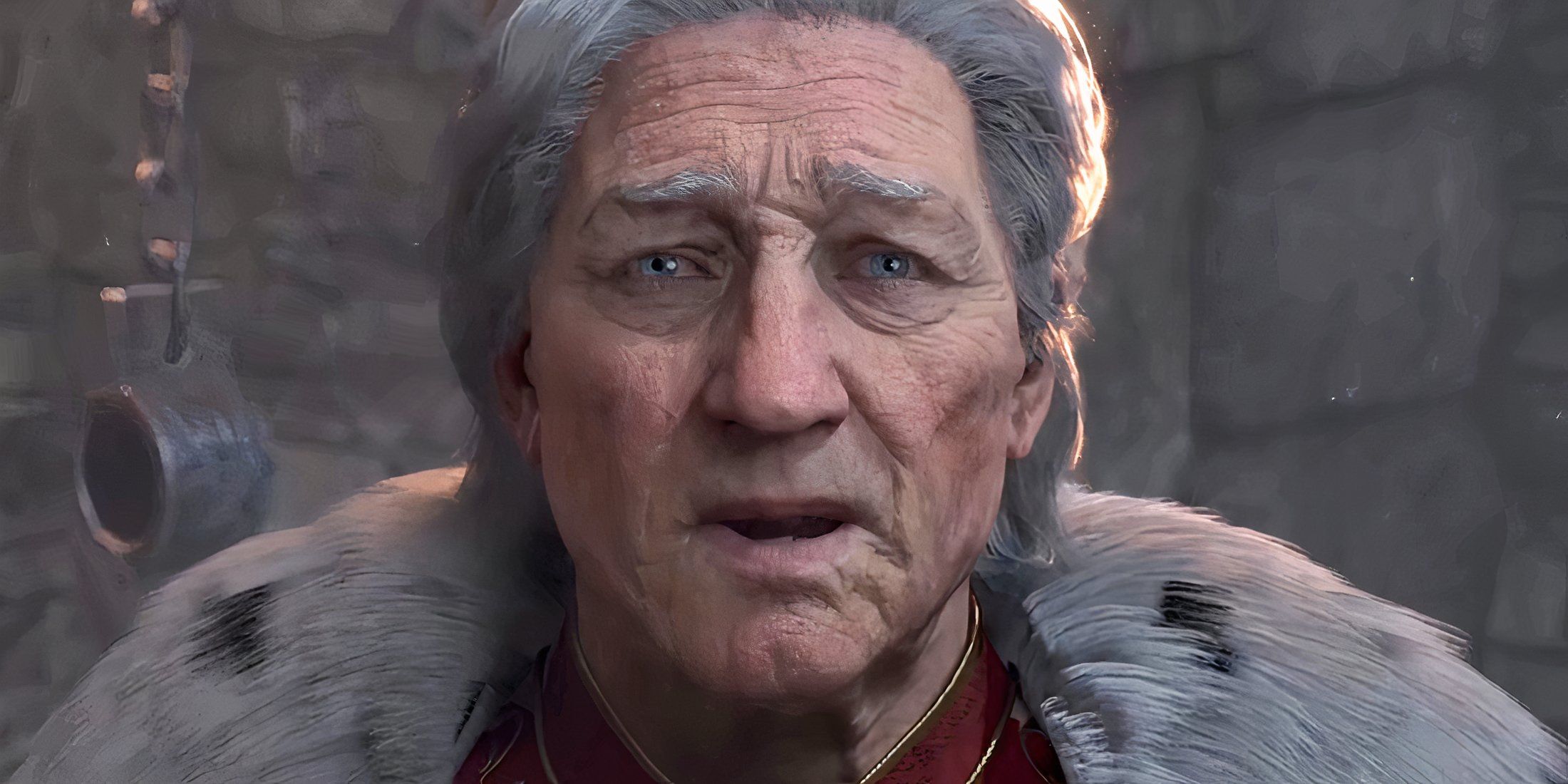A Gaming YouTuber Says an AI-Generated Clone of His Voice Is Being Used to Narrate ’Doom’ Videos

On a little known YouTube channel, a breezy, British narrator is explaining the ins and outs of Doom: The Dark Ages’ story. Though not named, his voice may be familiar to video game fans as that of Mark Brown. The trouble is, Brown had nothing to do with the video.
Brown, who goes by Game Maker’s Toolkit, is a content creator and developer who has covered video game design for over a decade. His channel has 220 videos, broadcast to more than 1.65 million subscribers, where he gives in-depth explanations on things like puzzle mechanics in Blue Prince or addresses UI problems in The Legend of Zelda: Echoes of Wisdom. (Brown has previously written for WIRED UK.)
The Doom video, posted to a channel called Game Offline Lore, is not Brown’s typical content. But the problem is actually bigger than that: Brown never actually narrated this video. Instead, he says, the creator of Game Offline Lore has used an AI version of his voice without his knowledge or consent. “The thought that someone else would do it in order to copy my persona in this way—it's just so weird and invasive,” he says. “It's kinda like plagiarism but more personal. It's not my work or my labor. It's a distinct part of who I am.”
AI-driven fraud is on the rise. Deepfakes, once confined to damaging videos affecting celebrities and average citizens alike, is now advanced enough to happen in real time. As AI seeps into every aspect of our lives, from work to emotional support, YouTubers like Brown are facing a growing problem: theft not just of their work but of their very voices.
Brown filed a privacy complaint to YouTube, which typically gives the offender 48 hours to remove their video before YouTube officially gets involved. Typically, he says, YouTube “has pretty robust systems” and tools to get these videos taken down. But Brown says it’s been more than 48 hours since he reached out. Both videos remain live. Their creator, he says, has been removing comments where people say they’ve stolen Brown’s voice.
YouTube spokesperson Jack Malon tells WIRED that it expanded its privacy request policy last year “to allow users to request the removal of AI-generated or other synthetic or altered content that simulates their face or voice.” Malon says the company is reviewing the content to determine if a violation has been made. “We'll take action if the content violates our policies,” he says.













